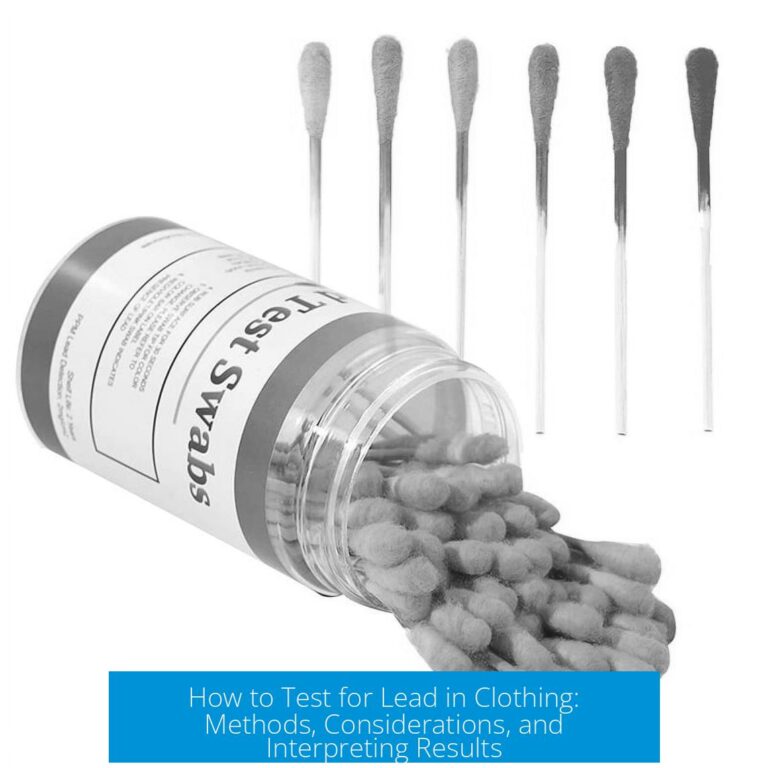What Does It Mean When a Liquid Has a High Vapor Pressure?
A liquid with a high vapor pressure evaporates readily at ambient conditions. This means it produces a significant amount of vapor, reflecting its volatility. Vapor pressure measures the pressure exerted by gas molecules released from the liquid’s surface. When this pressure is high, the liquid readily transitions into the gas phase.
Definition and Significance of High Vapor Pressure
High vapor pressure indicates a liquid’s tendency to evaporate quickly. It means the substance is volatile, vaporizing at room temperature and normal atmospheric pressure. This volatility is quantified by the vapor pressure: the pressure exerted by the vapor in equilibrium with its liquid form.
For instance, when molecules at the surface gain enough energy, they escape into the vapor phase, increasing vapor pressure. The greater the number of escaping molecules, the higher the vapor pressure.
Vapor Pressure, Volatility, and Boiling Point
- Vapor pressure and volatility share a direct relationship. A high vapor pressure means high volatility and vice versa.
- Conversely, vapor pressure is inversely related to boiling point. Liquids with high vapor pressures boil at lower temperatures since less heat is needed for molecules to vaporize.
- This implies that volatile liquids with high vapor pressures have low boiling points, making phase change from liquid to gas easier.
Illustration with Hydrocarbon Examples
Consider hydrocarbons such as butane and propane. Butane has a vapor pressure of approximately 17 psig at 70°F, while propane’s vapor pressure is higher, around 110 psig at the same temperature.
When these gases mix equally, the resulting vapor pressure is intermediate, near 61 psig. However, the vapor phase tends to contain a larger proportion of propane due to its higher volatility. The liquid phase, meanwhile, remains a 50/50 mix.
Implications
High vapor pressure liquids vaporize quickly, influencing storage, handling, and safety precautions. Understanding vapor pressure helps predict evaporation rates and boiling behavior, important for industrial processes and environmental considerations.
Key takeaways:
- High vapor pressure means a liquid evaporates readily and is volatile.
- Vapor pressure measures the equilibrium pressure of the vapor above a liquid.
- Higher vapor pressure correlates with lower boiling points.
- Volatile liquids like propane have significantly higher vapor pressures than less volatile liquids.
What does it mean when a liquid has a high vapor pressure?
A liquid with high vapor pressure evaporates easily at normal temperatures. It produces more vapor molecules, showing that it is volatile and ready to change into gas.
How is vapor pressure related to a liquid’s boiling point?
Vapor pressure and boiling point have an inverse relationship. A liquid with high vapor pressure usually has a low boiling point because it requires less heat to turn into vapor.
Why is volatility important when discussing vapor pressure?
Volatility measures how quickly a liquid evaporates. High vapor pressure means high volatility, showing the liquid readily forms vapor under ambient conditions.
Can vapor pressure help predict the behavior of liquid mixtures?
Yes. In mixtures, vapor pressure reflects the composition of the vapor phase, which often differs from the liquid phase due to varying volatilities of components.
What practical example shows differences in vapor pressure?
Propane has a much higher vapor pressure than butane at the same temperature. When mixed equally, the vapor phase contains more propane, showing higher volatility affects vapor composition.





Leave a Comment